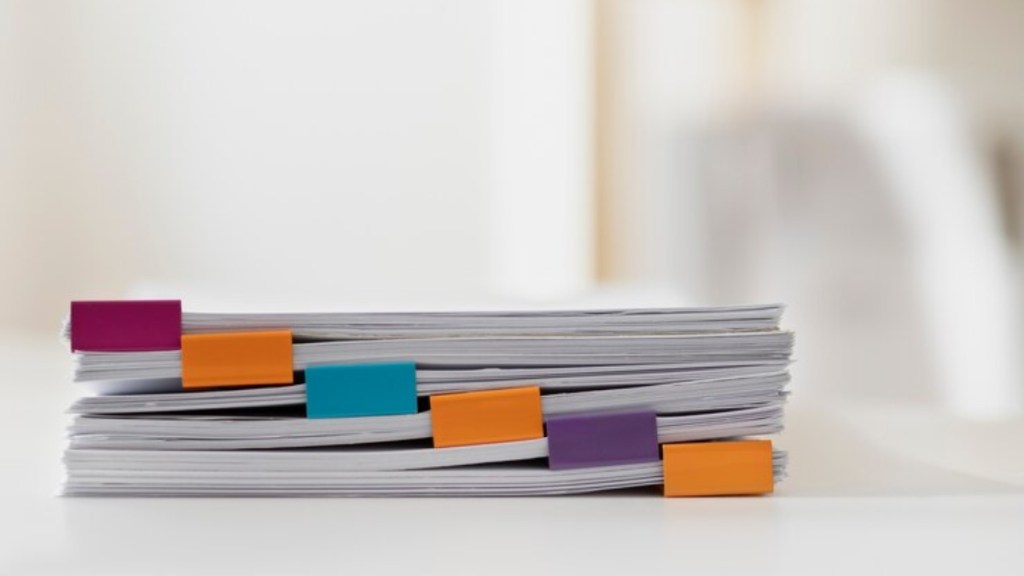By Sonali Khosla
The CBSE (Central Board of Secondary Education) exams have played a vital role in a student’s academic life. In order for a student to pass the varsity cut-off and choose which stream or subject to pursue after their senior secondary class, board exams are crucial in determining the trajectory of their education. To score good marks in CBSE board exams, practice is the key and that’s where the role of sample papers as well as previous year question papers comes in.
Purpose of sample papers
Sample papers are mock test papers that provide you with real exam-like questions. They aid in understanding exam patterns and help manage time while answering questions efficiently in a time-bound manner.
It always makes sense for students to choose a complete book rather than accumulating multiples and adding to their workload.The more you practice, the more you get better. Hence, practicing papers that are in line with the updated syllabus and include the latest 50% competency-based questions will undoubtedly help students to gain more confidence and perform best of their ability in actual board exams.
After attempting each sample paper, students can also build a self-assessment chart or take notes mentioning their strengths and shortcomings of a topic or subject. This exercise will be beneficial in enhancing their existing knowledge while knowing the areas where they need to make improvements.
It is recommended that students complete previous five-year question papers in every subject in addition to mock exams that adhere to the most recent revisions of the CBSE syllabus.
Making the best use of sample papers
Once you get sample papers, it is also crucial to use them efficiently in order to get the most out of them. Students are advised to set a study schedule and follow that religiously until D-day. A well-made study schedule should involve solving the sample papers in a time-bound manner just like they will do in an actual exam.
After attempting each sample paper, try to analyze strong and weak topics/ subjects and mention those findings in the self-assessment charts. Through utilizing this chart, they will be in a better position to know on which topic they should put more emphasis and, for which they can relax. Making changes in the schedule is also motivated. One should try to do this self-analysis practice till the D-day and, be rest assured of their success in the CBSE board exams.
In conclusion, the importance of sample papers in the preparation of CBSE board exams cannot be overstated. Students are advised to integrate sample papers in their preparation, be honest with them, and complete them within a time constraint.
Sample papers are the tools that can help students refine their knowledge, identify their strengths, and give them a boost of confidence which will ultimately help them score exemplary marks and make their academic journey easier in the years to come.
The author is editorial head at Educart. Views are personal.


